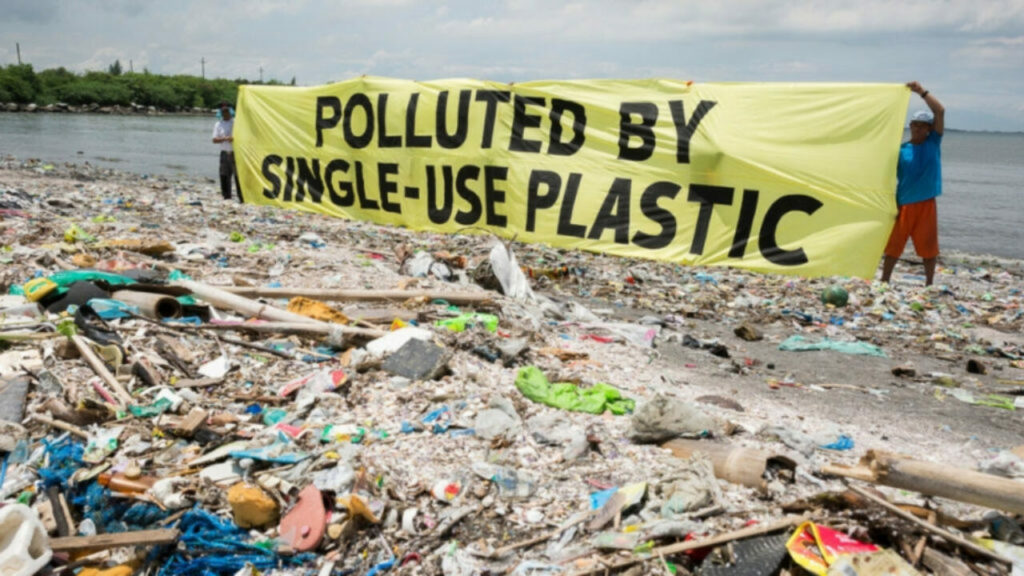Here is an Exclusive Blog by Mr. Prasad Phadke, Founder and CEO at Eco BioTraps
Dengue fever has become a rising epidemic in India. For example, dengue cases in Delhi hit a five-year high in 2023. Bengaluru witnessed an unusual surge in dengue cases during 2023, with a total of 4,979 reported cases as of September, while Chennai’s dengue tally crossed 4,500 recently.
In recent times, experts have raised alarming concerns about the escalating threat of dengue fever, primarily attributed to the piling up of waste in our surroundings. The accumulation of garbage not only mars the aesthetic appeal of our neighborhoods but also serves as a breeding ground for disease-carrying mosquitoes. Urgent action is imperative before the situation worsens, endangering both our environment and public health.

Health officials have issued a stern caution to the public, urging them to be mindful of the items they discard, as seemingly harmless waste can transform into breeding sites for mosquitoes. Surprisingly, instances of mosquito larvae being discovered inside discarded coconut shells and tea cups have raised serious concerns among authorities. Even community park flowerpots are not exempt from this risk, underlining the need for a collective effort to maintain cleanliness and proper waste disposal practices.
In the city of Lucknow, which recently reported four new cases of dengue, authorities have issued notices at multiple locations where stagnant water and other conditions conducive to mosquito breeding were found. The District Malaria Officer’s office (DMO) has been proactive, issuing notices to property owners to address issues such as stagnant water in coolers and balconies. In August alone, around 150 notices were distributed, emphasizing the urgency of the situation.
Uttar Pradesh has already reported a staggering total of 480 dengue cases this year, with 97 cases in Lucknow alone. The situation is exacerbated by even minor rainfall and high humidity, providing an ideal environment for mosquito breeding. Shockingly, mosquitoes can breed in even the tiniest amounts of stagnant water around our homes, making it crucial for residents to dispose of waste responsibly and maintain mosquito-free environments. As I always say, “As long as there is water on the planet mosquitoes will breed and if they breed, we’ll bleed!”
A significant portion of household waste comprises porcelain and plastic materials, which are slow to degrade and pose a significant risk from a public health perspective. Research conducted in urban and rural areas around Kolkata, India, highlighted the connection between porcelain and plastic household wastes and the breeding of dengue vectors. The study revealed that these materials create favorable conditions for mosquito larvae, with urban areas experiencing higher productivity compared to rural areas. This discrepancy indicates the need for a comprehensive waste management strategy, including the replacement of persistent materials with those that have shorter lifespans.
To address this pressing issue, it is imperative for communities to adopt responsible waste disposal practices. Recycling initiatives, waste segregation at the source, and public awareness campaigns can significantly contribute to mitigating the problem. By transforming our approach to waste management, we can turn what was once considered garbage into a valuable resource, safeguarding both our environment and public health.
Embracing the “garbage to gold” philosophy not only mitigates the threat of diseases like dengue but also holds the key to sustainable development. Recycling initiatives not only reduce the burden on landfills but also conserve valuable resources, fostering a circular economy. By recycling, we not only safeguard our environment and health but also create employment opportunities and stimulate economic growth. Moreover, innovative approaches, such as upcycling and waste-to-energy technologies, are gaining momentum, showcasing the limitless potential hidden within our waste. As communities come together to invest in recycling programs, research, and eco-friendly technologies, we pave the way for a greener, healthier planet. Each recycled item represents a step toward a brighter future, reminding us that our collective efforts, no matter how small, can transform what was once considered waste into precious resources, truly turning garbage into gold. Let us aim to Break the Cycle and end mosquito menace, once and for all.











